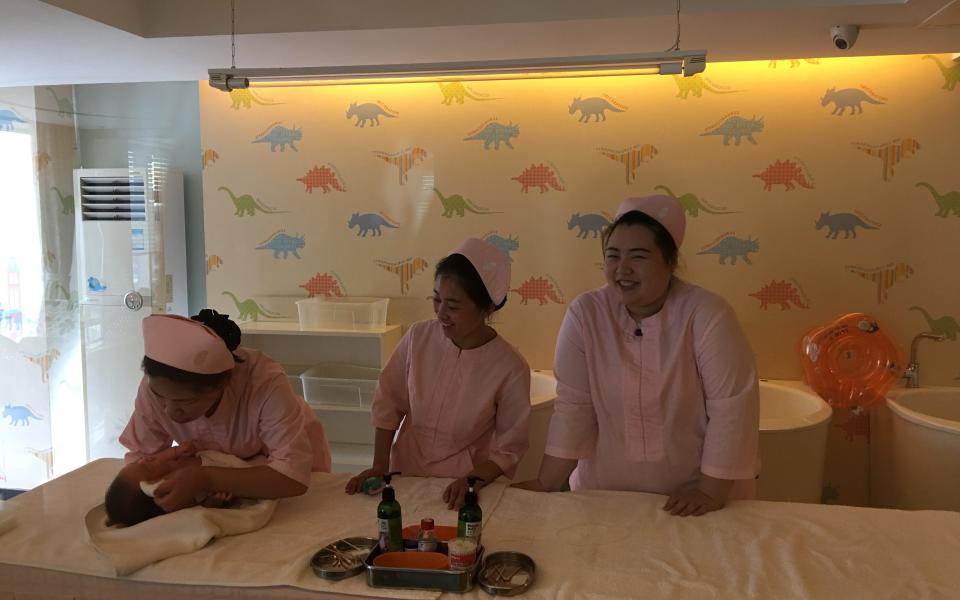China considers financial “rewards” for second child after baby boom fails to materialise
China is considering offering financial incentives to encourage couples to have a second child, after the scrapping of rules which limited families to one offspring failed to produce an expected baby boom.
Authorities restricted births for almost four decades with the hated and highly intrusive ‘one child policy’, using forced abortions and sterilsations, and often violent intimidation to meet their targets.
Beijing relaxed the regulations in January 2016 amid fears that there were two few younger people to support growing ranks of elderly.
But an increase of 1.3 million births last year was below earlier expectations that up to three million extra babies could be born every year for the next five years.
China mulling financial incentives to encourage couples to have a second child https://t.co/csyfHiqME3#China#2ChildPolicypic.twitter.com/h2j2iy3awD
— China Daily Asia (@ChinaDailyAsia) February 28, 2017
China has vowed to improve help for new mothers, and is mulling new regulations which will see nurseries set up at workplaces and maternity leave extended.
But the financial burden of having a second child has been identified in official surveys as a key reason why most couples are opposed to enlarging their families.
Wang Pei'an, vice-minister of the National Health and Family Planning Commission (NHFPC), admitted that “barriers” still existed for many couples.
"To have a second child is the right of each family in China, but affordability has became a bottleneck that undermines the decision,” he told a recent conference, according to the China Daily.
Mr Wang said "birth rewards and subsidies" would be considered. It is the first time China has mooted such a measure, according to an expert who was cited by the China Daily.
Last year saw 17.8 million births, when state media said China’s birth rate increased from 1.54 to 1.6 children per woman.
China hopes to increase its birth rate to 1.8 by 2021, but it is facing severe demographic challenges as the country is experiencing a rapid decline in women of child-bearing age.
The ruling Communist Party has claimed that the one-child policy helped avert 400 million births, and is a major factor behind the country’s rising prosperity.
However, population experts have said that China’s birth rate was already declining when it was introduced.
Chinese experts expect the country's working population — estimated by the government to be roughly 907 million at the end of 2016 — to drop by around 32 million by 2030.
By 2050, 30 percent of Chinese will be age 60 or over, the United Nations estimates, versus 20 percent worldwide and 10 percent in China in the year 2000.
Authorities still harshly enforce rules on having two children. A man was allegedly beaten and forced to have a vasectomy over the recent Chinese New Year period after he was accused of flouting family planning laws.
Additional reporting by Christine Wei

 Yahoo News
Yahoo News 


